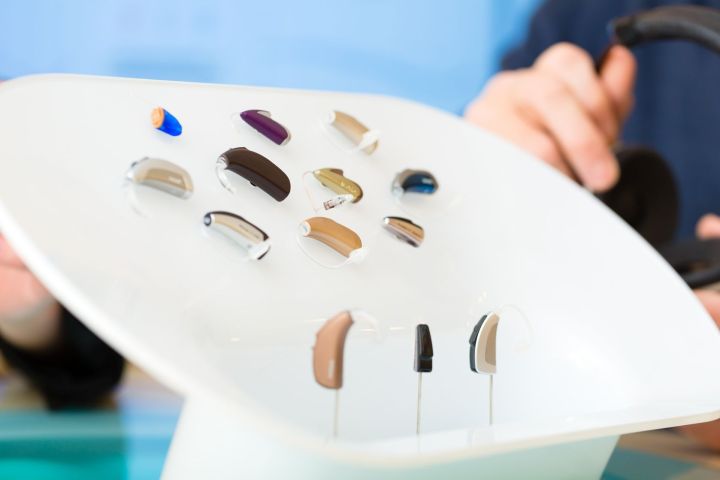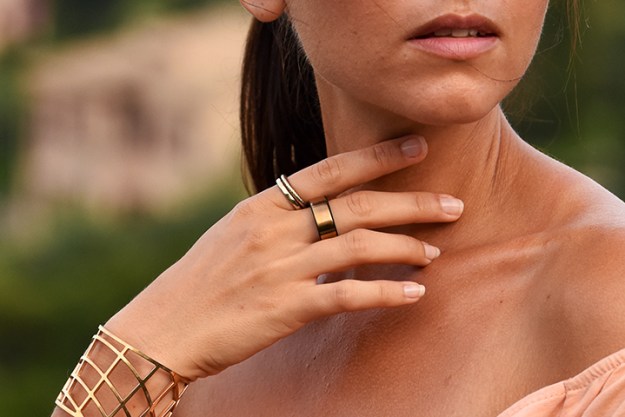
According to the FDA, 30 million people in the U.S. have significant hearing loss, which can affect communication, social participation, overall health, and quality of life. However, only about 20 percent of people with significant hearing loss who could benefit from hearing aids seek help. After three years of studies by a range of agencies and groups, including the President’s Council of Advisors on Science and Technology (PCAST) and the National Academies of Sciences, Engineering, and Medicine (NAS), a consensus was reached that the FDA’s own regulations regarding the sale of hearing aids were a potential barrier to their availability and accessibility, with little to no patient benefit.
The studies found the cost of hearing aids, which can easily exceed $2,000 each ($4,000 for a pair), is far beyond the means of many people. The high cost plus the current FDA requirement that anyone seeking a hearing aid must have a medical evaluation or sign a waiver were both part of the problem.
The PCAST studies also concluded that the current barriers to distribution “may limit new entrants who could achieve technological breakthroughs that could offer a greater variety of lower-cost hearing aid options to those suffering from hearing loss.” We need only look at the new “hearing assistance” devices coming in 2017 from Bose, Human Inc., Doppler Labs, and others to see evidence of tech companies developing products that may serve significant numbers of the hearing impaired population at a fraction of the cost of hearing aids and with none of the medical or consultation requirements.
Effective December 7, 2016, only people under 18 will still need medical evaluations, a the FDA will no longer enforce the regulations for those 18 or older. The change is “Immediately in Effect,” which according to the FDA “means it is implemented without prior public comment because it presents a less burdensome policy that is consistent with public health.”
The FDA is going to seek additional public input on over-the-counter hearing aids, but intends to address the recommendations from both the PCAST and NAS studies that the FDA establish a “regulatory framework” for over-the-counter hearing aids without requiring evaluation or consultation.
Chances are this opening door to the hearing aid/assistance market will attract some companies that just want to pile on, so consumers who choose to explore alternatives to traditional hearing aids will still want to be cautious. However, the potential to spend hundreds rather than thousands of dollars to regain sufficient hearing to improve communication, and to enjoy everything else that better hearing entails, for the “other 80 percent,” is an exciting prospect.




